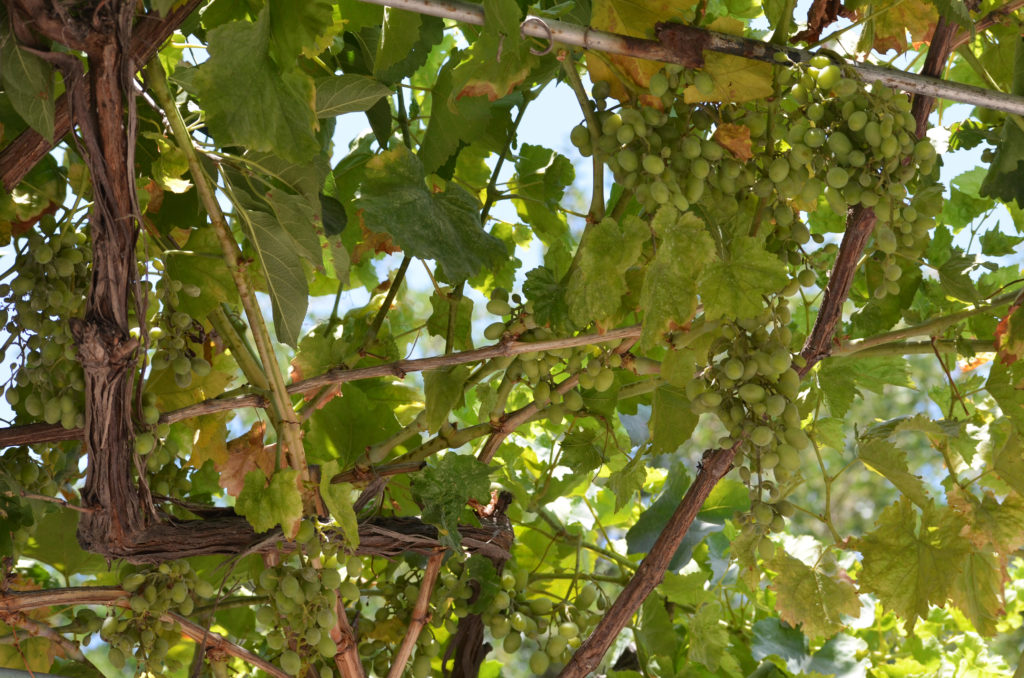TASHKENT
Uzbekistan is taking steps to develop and modernise its agricultural industry, the largest in Central Asia, by investing funds in its wine-producing industry.
President Shavkat Mirziyoyev has instructed the government to allocate $100 million to commercial banks to finance the planting of vineyards to raise the sector’s export potential, the presidential press service said.
The yield of local grapes is 1.5-2 times lower than in other regional countries. In addition, 90 percent of grapes grown in the Central Asian nation are seeded grape varieties, while the demand for seedless grapes is growing globally, which complicates competition.
“An analysis of the export potential of the industry show possibility to increase the export of table grapes up to $200 million, raisins – $130 million, and natural wines up to $50 million,” the press service said.
Over the past four years, 52,000 hectares of new vineyards have been planted in Uzbekistan, doubling the share of grapes in the overall export of fruit and vegetables. Currently, grape cultivation occupies 90,000 hectares, employing 900,000 people on a permanent and seasonal basis.
The President also criticised the government for neglecting the development of wine tourism. There are only four “tourist plantations”, including the Samarkand, Fergana and Tashkent regions. The share of wine in the total consumption of alcoholic beverages in the Muslim country is just only two percent.
Uzbekistan, a country of 35 million people, is reforming its economy to meet the demand of a growing population and an often outdated infrastructure that’s becoming increasingly inefficient and expensive to run. About a fifth of Uzbekistan’s labour force is employed in agriculture. The sector makes up a quarter of its gross domestic product and provides a sizeable share – almost 10 percent in 2019 – of its export revenue. Uzbekistan’s principal crops are cotton and grain, but the government’s decision to scrap quotas and price controls means production is shifting towards higher-value cultivation such as fruit and vegetables.
Uzbekistan, the world’s 8th largest cotton producer and the 11th largest exporter, produced 3.8 million tonnes of cotton in 2020 in over 1,3 million hectares of land.

